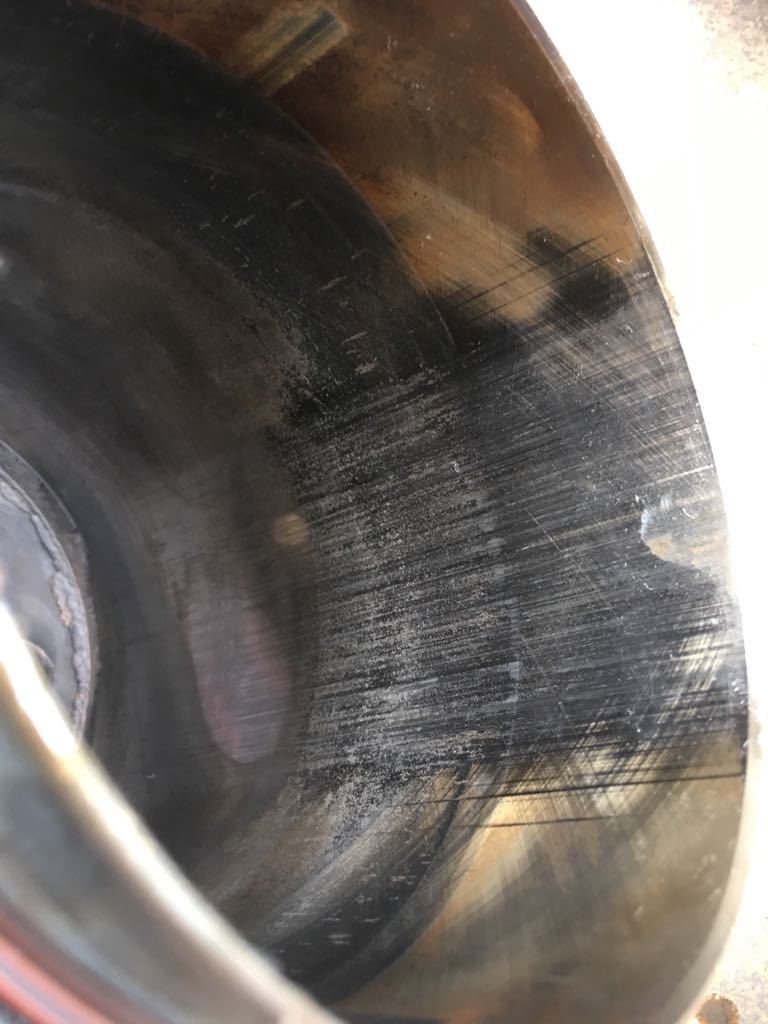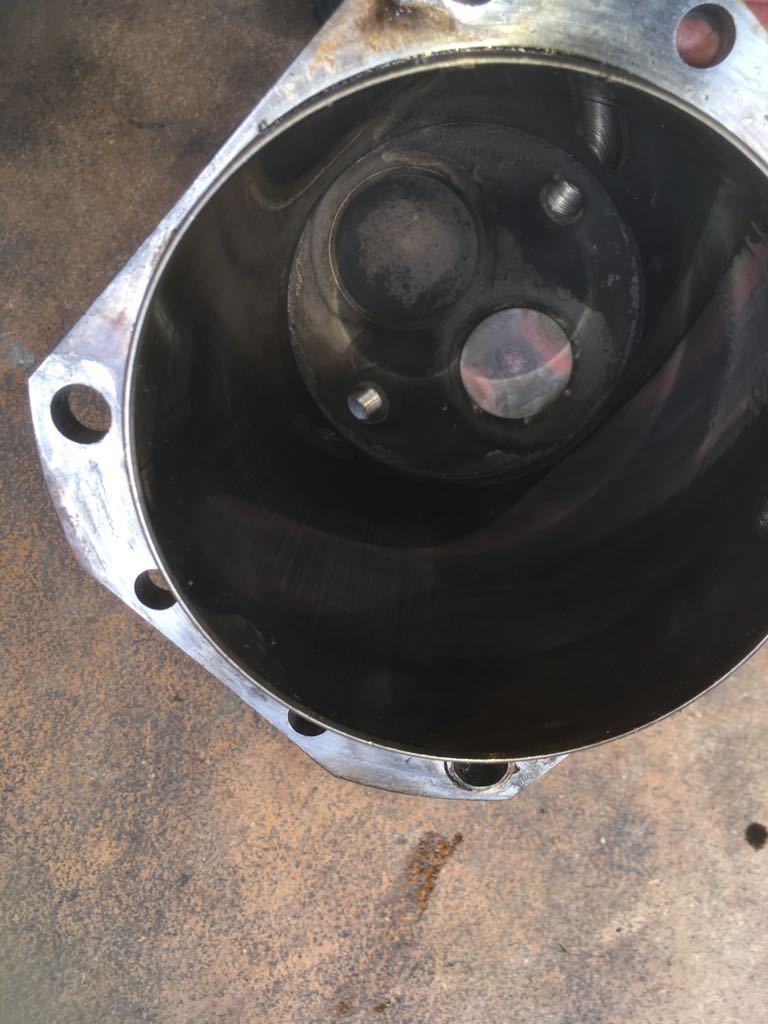I agree. At our local Airfield, out of the 40 Aircraft I can only think of the club planes, my plane and about 5 others that go out weekly or more.
Some go out every 2-3 weeks which are on the edge of corrosion starting. Some sit around for months between being flown with grass almost growing up to the wings. Some have the owner turn up every Sunday, start it up and ground run it for 10 minutes which probably does more harm than good. There are so many planes that I would refuse to fly in!
No wonder they have engine issues and rarely make TBO
There is always more to this, not necessarily posted. Lyco changed their cylinders about 20 years ago, to chrome plated valve guides, and that greatly reduced the valve issues. Achim’s engine had the old cylinders. Not a worry for him now, since he sold the TR182 and bought a TBM850 
But I still don’t hear of consistent valve sticking issues even on the old cylinders, so there is probably more to it. One of the persistent issues in GA is long periods of inactivity and unfortunately these can explain an awful lot of issues because these engines are vulnerable to corrosion. Very very few engines run every 1-2 weeks and with a proven history of such, all the way back.
@DavidC, what kind of cylinder issues were you referring to?
This kind?

or this kind?

or this kind?

I have seen the first on a normally aspirated Lycoming IO360-M1A, allegedly caused by revving the engine during start.
The second is a typical burned valve which can have several causes. I have seen that in an Lycoming IO360-M1A.
The last (cracked cylinder) occurred on a carburetted Lycoming O-360-A3A in a Robin used for glider towing.
None of the above were turbocharged. The IO360/O360 are considered to be bullet proof, and yet…
I found the post where Achimha described his experience with AS 15W50 vs Phillips XC 20W50 and one containing several references to statements by Mike Busch about oil.
None of the cylinders I’ve heard of relate to a turbo, although of course they could be. I would have thought that most turbos would be equipped with decent engine monitoring systems so that at least high temps could be avoided.
I suspect EuroFlyer has probably hit the nail on the head, although this is difficult to prove and even harder to figure out how to solve the issue.
Had an interesting chat with our maintenance shop this week about the issue. General thinking was that it was leaning, with an example from a shared aircraft which had been fine until a new member joined, apparently leaning with a different SOP, and damaged several cylinders at once.
We also discussed oil, and the feedback was that 15W80 is probably best when working in a wide range of different outside temps – typically below and/or above what we’d be flying in the UK with – so the D80 that we’ve been using of late is a better choice.
Mike Busch’s book is now on order.
I wonder if this correlates with having a turbo? Turbo engines are usually right on the margin.
We had our engine redone in 2014 and since then had 3 cylinders replaced, in different repair shops.
They all tell me cylinder quality has gone south over the last 2 decades. Sounds like a problem to me.
Aviathor wrote:
Often I’ve been told the cause is aggressive leaning at low level.
That is pretty much many mechanics’ answer to most valve- or cylinder-related problems
+1
Peter_Paul wrote:
what is the reason behind this? in particular aeroshell 15W50
You can get some feel for it here and here if I am not mistaken.
@achimha made some interesting remarks that corroborate Mike Busch’s claim about synthetic oils not keep particulates in suspension. It may be in one of the threads quoted above. The particulates then form sludge that can coke between the stem and guide. There is one article where he is particularly vocal about his feelings towards Aeroshell 10W50, and explicitly recommends not using it.
You can and should lean from 0 feet upwards, in cruise configuration. Lean while taxiing, full rich for take-off and climb, your cylinders and sparkplugs will thank you.
Aviathor wrote:
I (choose to) think valve guide issues are more likely to be caused by overly rich mixture and use of Aeroshell 15W50.
what is the reason behind this? in particular aeroshell 15W50